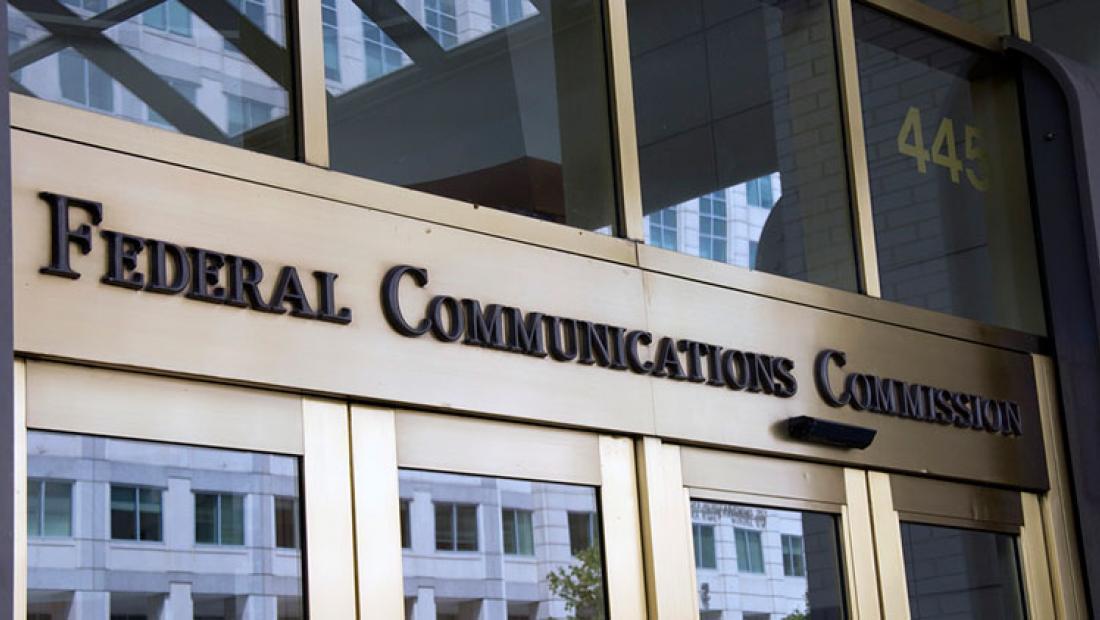Some Major TV Groups Push FCC for Right to Keep, Transfer UHF Discount

The smarter way to stay on top of broadcasting and cable industry. Sign up below
You are now subscribed
Your newsletter sign-up was successful
Ion, Univision and Trinity Broadcasting say the FCC should not only grandfather their TV station holdings' discounted audience reach if the FCC adjusts the UHF discount or 39% audience reach cap, but should also allow them to transfer that grandfathered status to a new owner.
That came in comments on the FCC's inquiry into whether that 39% cap needs to be raised or scrapped (or conceivably lowered, though that is highly unlikely).
Related: Hearst, Scripps Pitch 50% National Ownership Cap
All three have station groups that would exceed the 39% cap on a group's national audience without the UHF discount that allows them to count only half of a UHF station's audience toward the cap.
They say full and transferable grandfathering should be the policy regardless of what the FCC does to the cap or the discount. Among the possible outcomes are eliminating the discount, but raising the cap to, say, 50%.
The commenters point out that their groups were built in reliance on the discount and serve important populations--minorities, the elderly--so there is a public interest in not breaking them up. They also point out that they have used the scale the discount allowed them to build to launch multicast nets serving various populations, a public service scale that should be transferable to a new owner so they could carry on that public service mission.
Related: FCC, NAB Say UHF Challenge Has No Standing Legs to Stand On
The smarter way to stay on top of broadcasting and cable industry. Sign up below
"Few FCC rules have been so directly responsible for such a vast expansion of free over-the-air programming as the UHF Discount," they told the commission.
The FCC is likely to grandfather existing groups rather than make them unwind, but whether that discount would be transferable is less clear.
Certainly, allowing them to transfer the discounted reach would make those stations attractive purchase targets for groups looking to build scale without exceeding a cap if the FCC retains it in some form.
Contributing editor John Eggerton has been an editor and/or writer on media regulation, legislation and policy for over four decades, including covering the FCC, FTC, Congress, the major media trade associations, and the federal courts. In addition to Multichannel News and Broadcasting + Cable, his work has appeared in Radio World, TV Technology, TV Fax, This Week in Consumer Electronics, Variety and the Encyclopedia Britannica.

